For purely anatomical reasons, women are many times more likely than men to suffer from a urinary tract infection (UTI). Most cases of simple cystitis are caused by bacteria which ascend through the urethra into the normally sterile urine in the bladder.
In women this is a very short path in comparison to the male urethra, resulting in more infections. In women the urethra (through which you pass urine) is located close to the anus, again making infection more likely as many of the infecting organisms live in the gut. The most common of these organisms, E. Coli bacteria, lives in the large intestine and is responsible for 85% of urinary tract infections in women. The other 15% of infections are accounted for by such organisms as staphylococcal and streptococcal bacteria. Chlamydia and mycoplasma can also cause UTIs.
There are other forms of cystitis which can be confused with bacterial cystitis.
- Interstitial cystitis – where the bladder feels constantly irritated. Antibiotics are inappropriate in this case.
- Haemorrhagic cystitis – where the bladder walls bleed, often in association with bacterial cystits.
How do you know if you have cystitis?
Generally there will be frequent urination with a sensation that you never quite manage to fully empty your bladder. There may be burning with or more commonly at the end of urination, and/or an aching pain or pressure just above the pubic bone or in the lower back. As UTIs can occasionally travel up to infect the kidneys, always see your doctor when you have the symptoms of a UTI. Repeated kidney infections can damage the kidneys and eventually may cause kidney failure.
1. What caused your UTI?
Bacteria passing from the urethra up into the bladder is the cause of most UTIs. Most come from the gut and are transmitted to the urethra during sexual intercourse, or when wiping after a bowel motion. Weak pelvic floor muscles can also predispose to UTIs. As the pelvic floor weakens, the bladder may prolapse and bulge forward into the wall of the vagina. If the back part of the bladder drops or prolapses below the neck of the bladder, it becomes virtually impossible to empty, leaving an almost permanent reservoir of urine in the bladder. This stagnant urine creates a haven for bacteria to multiply and irritate the bladder.
Diabetics or people with any form of immune suppression are especially prone to UTIs as is anyone who has recently had a urinary catheter. Pregnancy is another risk factor as is age. As people age, the bladder is less likely to empty completely. Infection is compounded by reduced fluid intake, decreased mobility, prostate enlargement in men and bowel leakage in both sexes. Some research suggests that women who use contraceptive diaphragms have an increased incidence of UTIs.
2. Practical preventions
If you are prone to UTIs, ensure that both you and your partner shower before sex. After sex, get up quickly and pass water to flush any stray bacteria out of the urethra. After a bowel motion always wipe away from the vagina rather than towards it. During your menstrual period maintain good hygiene and change pads and tampons frequently. Avoid tight-fitting jeans, nylon pants and pantyhose. Make a habit of emptying your bladder frequently. Women who ignore their urge to urinate and hold on for long periods of time are more likely to develop cystitis. When you need to go, go straight away!
3. Self-help treatment for cystitis
As soon as you feel the familiar sensation of pubic pressure, and frequent urination, start drinking and don’t stop. Choose from water, fresh fruit and vegetable juices diluted with 50% water, parsley tea and cranberry juice (full strength, not diluted). Stay well away from coffee, tea, alcohol, and fizzy drinks. Cranberry juice is a proven antidote to cystitis. Cranberries change the pH of urine, making it more acidic and less hospitable to bacteria. Aim for 4–5 glasses of unsweetened cranberry juice daily when you have a UTI. Cranberry also contains hippuric acid, a compound which makes the walls of the bladder slippery and difficult for bacteria to adhere to. Blueberry juice has also shown benefits in treating UTIs.
4. Natural remedies
There are a number of commonly used naturopathic remedies for cystitis. If you don’t have access to unsweetened cranberry, use freeze-dried concentrated herbal capsules instead. The most frequently used UTI herb is Uva Ursi, a powerful urinary antiseptic, with potent antibacterial ability against the common infecting agent, E. Coli. Along with cranberry juice, uva ursi may be taken long-term to help prevent UTIs. Golden Seal is a powerful urinary antimicrobial, which contains antibiotic substances effective against E. Coli.
5. Medical treatment
If you are a female aged between 16 and 65 years, you may be able to receive treatment for your UTI at your pharmacy. A pharmacist can supply antibiotics without a prescription to treat a UTI as long as you are not pregnant or have any other complicating factors. Symptoms will improve quickly and within 1–2 days you may feel normal again. Always ensure that you complete the full course of antibiotics even if your symptoms have gone away.






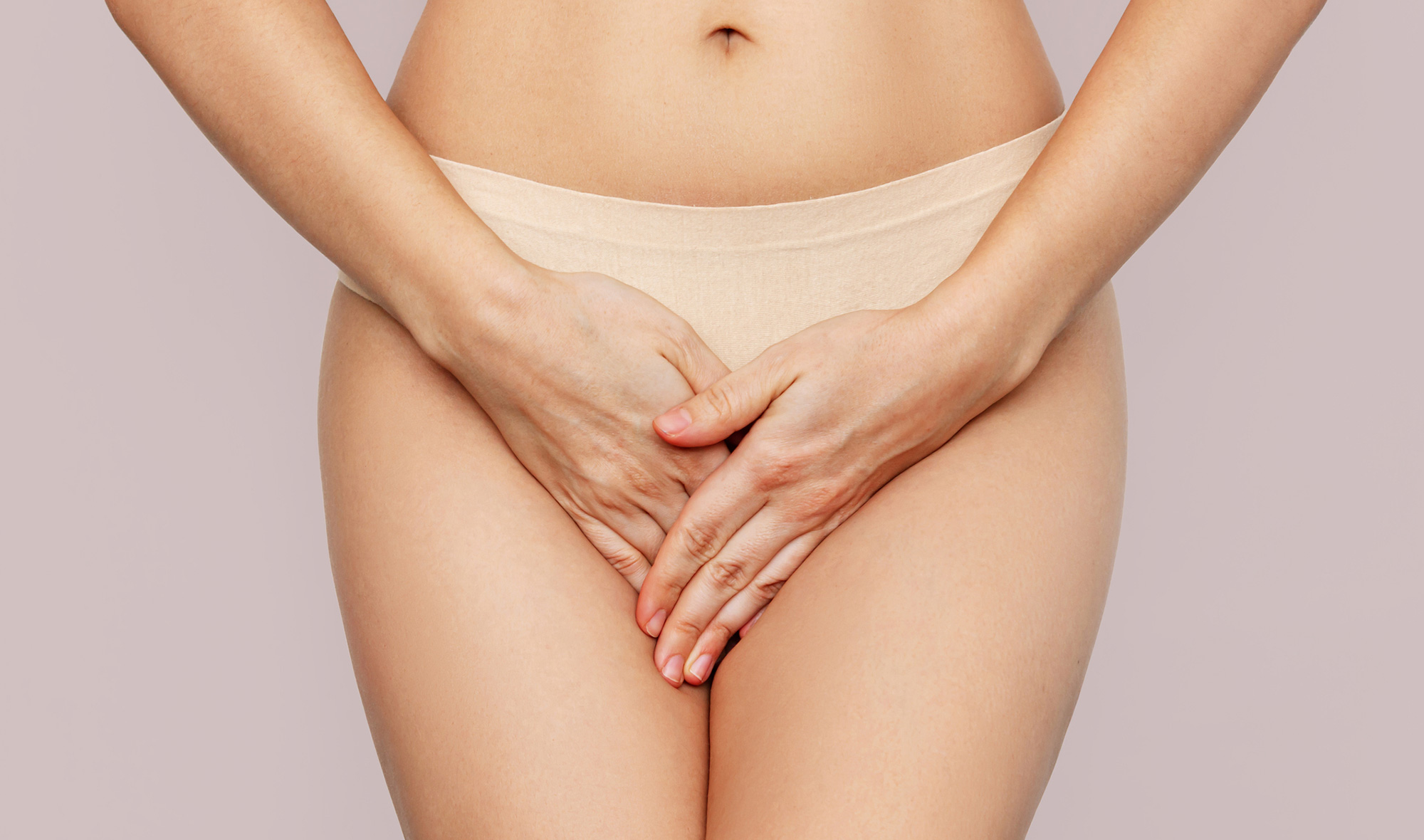

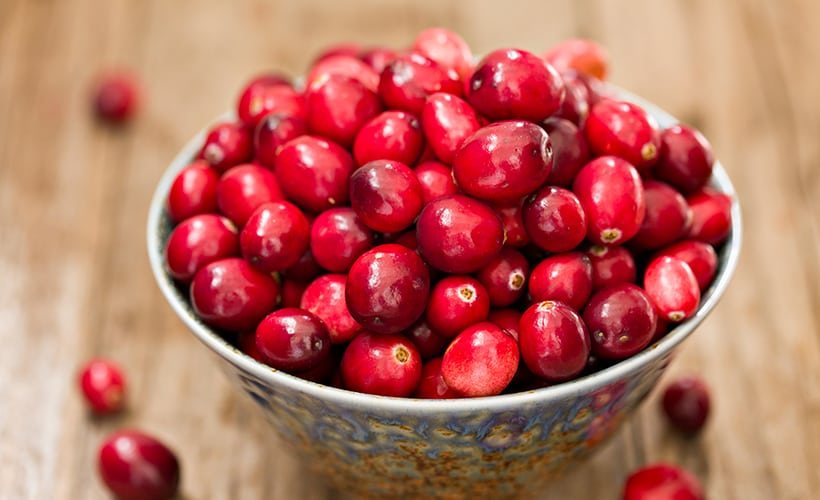
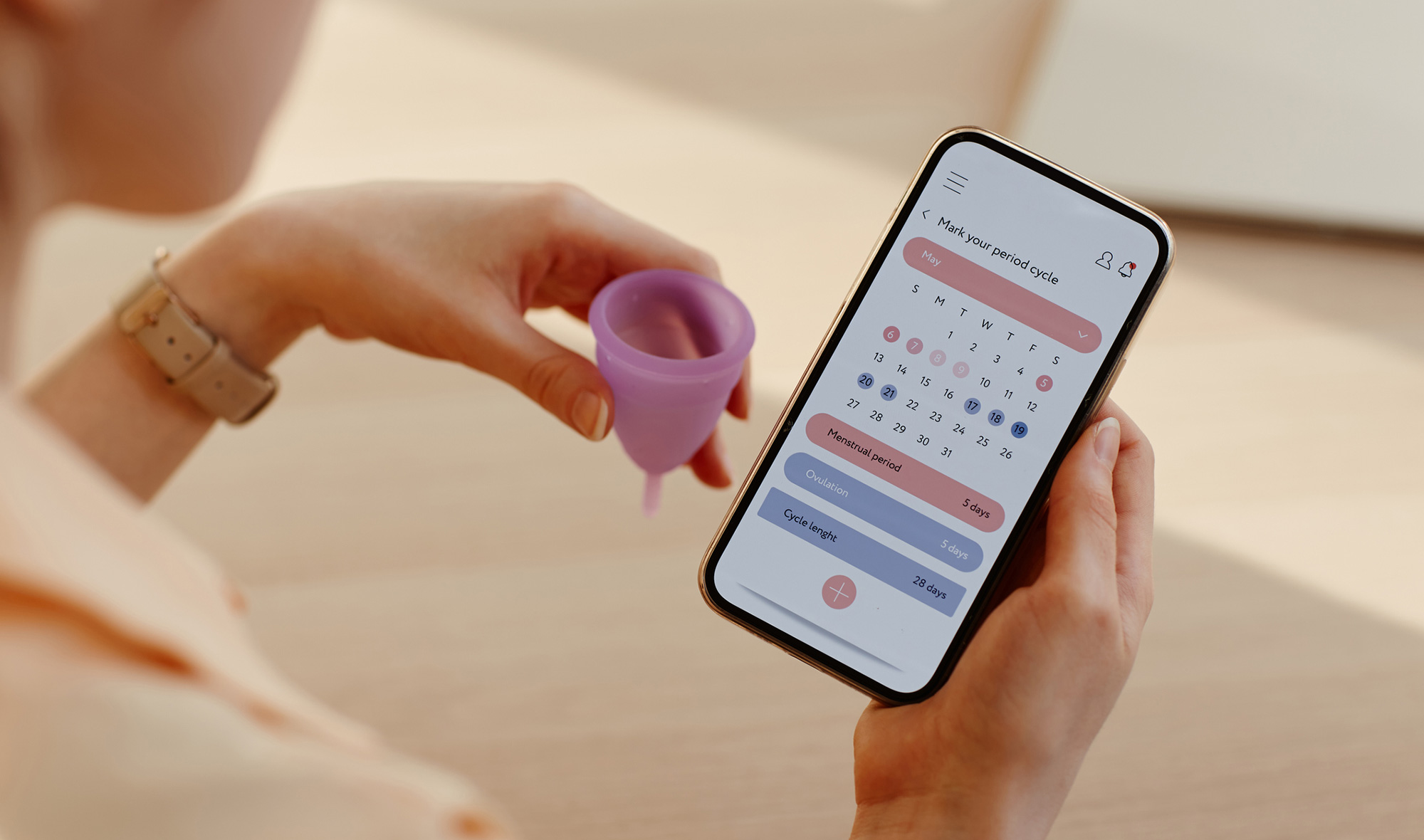



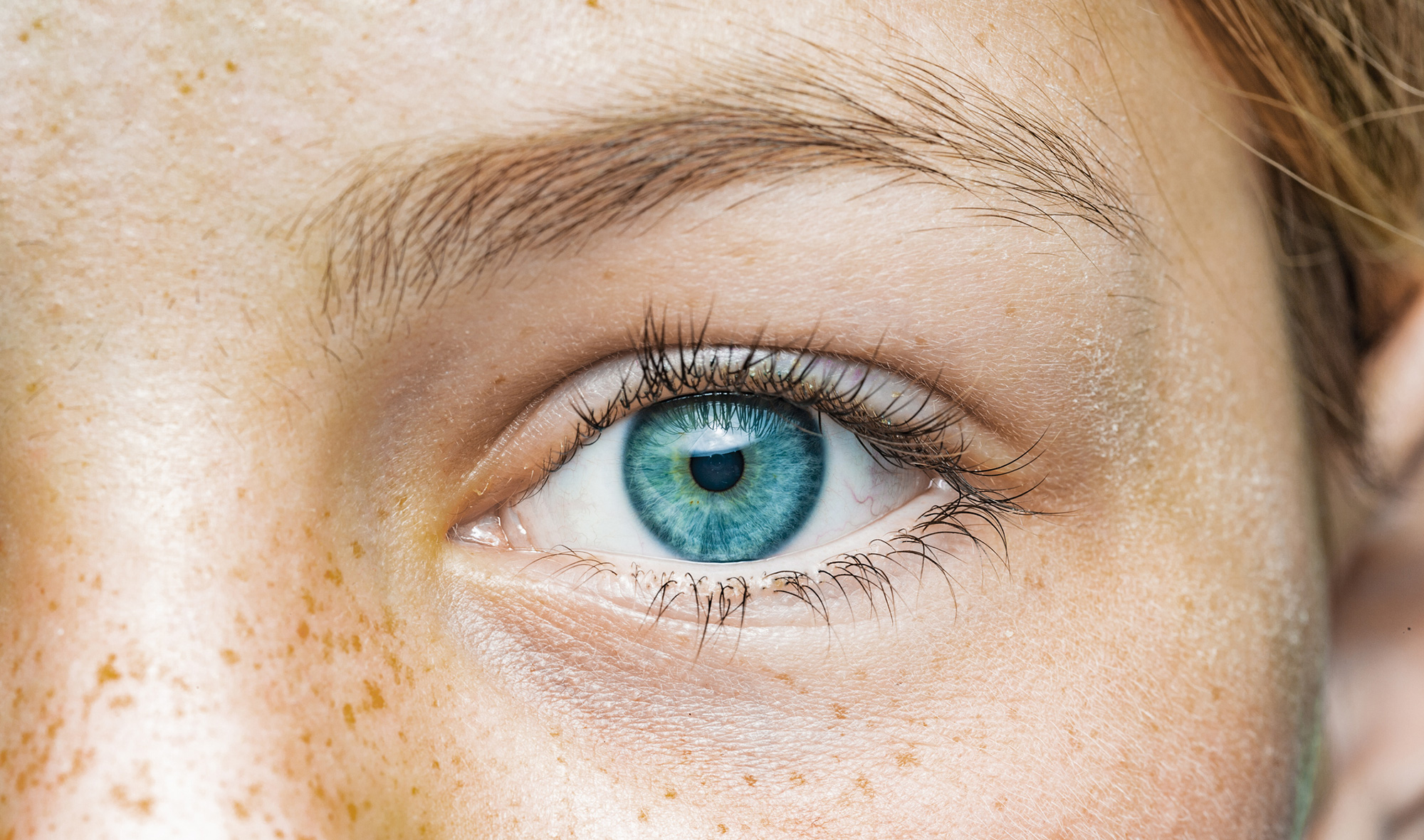

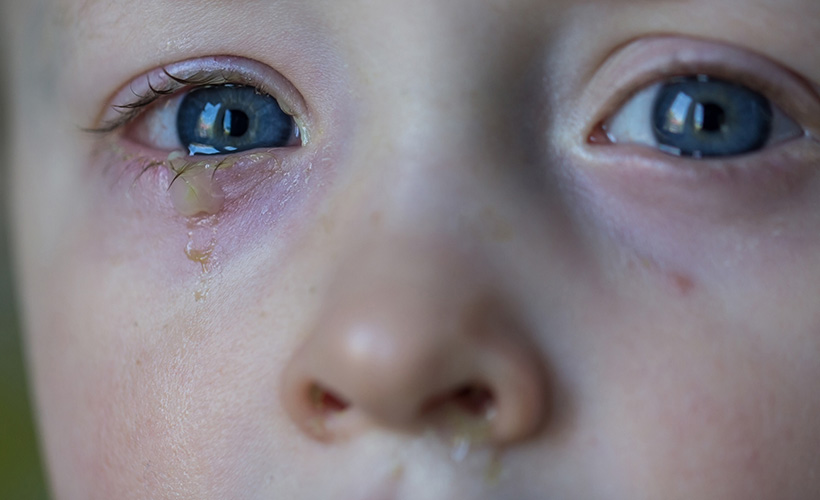

Community